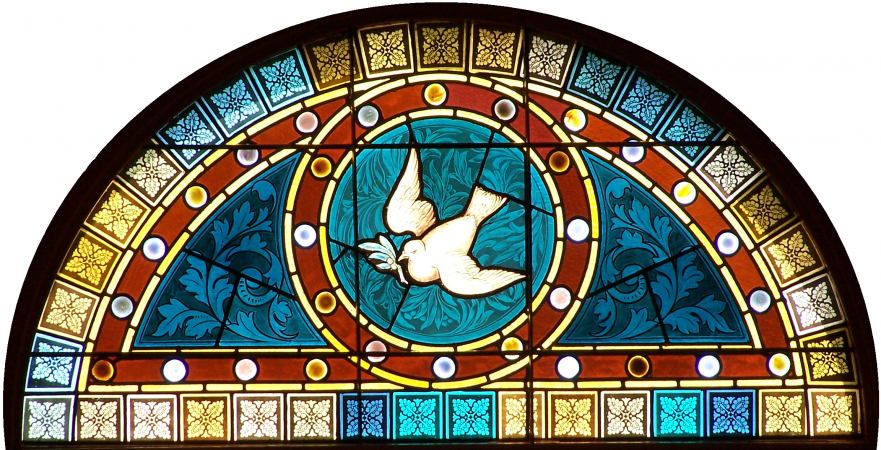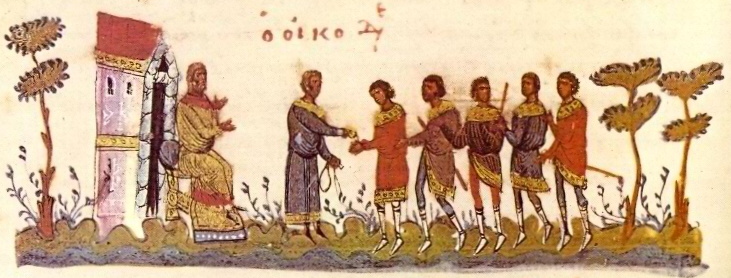In an important study entitled The Gospel of Signs, Robert Fortna correctly identified a Jewish-Christian source embedded in the Fourth Gospel. This article is based upon the conclusions of Fortna’s research and explores their significance. I will also point out additional evidence Fortna overlooked that clarifies the origins and intentions of the Jewish-Christian source embedded in the text of the Fourth Gospel.
Foreword to Robert Lindsey’s A Hebrew Translation of the Gospel of Mark

It seems clear that Lindsey’s observations have provided a decisive new clue to understanding the synoptic relationships and an equally important clue to the correct approach to the Gospel of Mark.
Myth of the Pagan Origins of Christianity
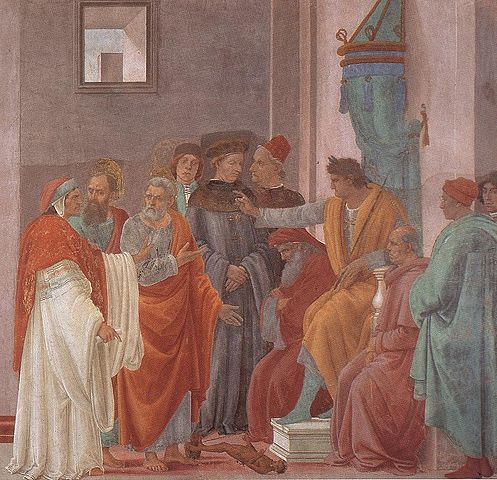
The artificial constructions of scholars who once sought to build a bridge directly from Hellenism to Christianity are being dismantled, both because of greater knowledge of the Greek world and due to more intensive study of ancient Jewish and Christian thought.
Jesus’ Place in First-century Judaism and His Influence on Christian Doctrine

The main aims of this contribution are, first, to show what Jesus’ place was among the various trends of the Judaism of his time and, second, to estimate the impact on Christianity of his teachings and of his life and death.
The Times of the Gentiles and the Redemption of Jerusalem
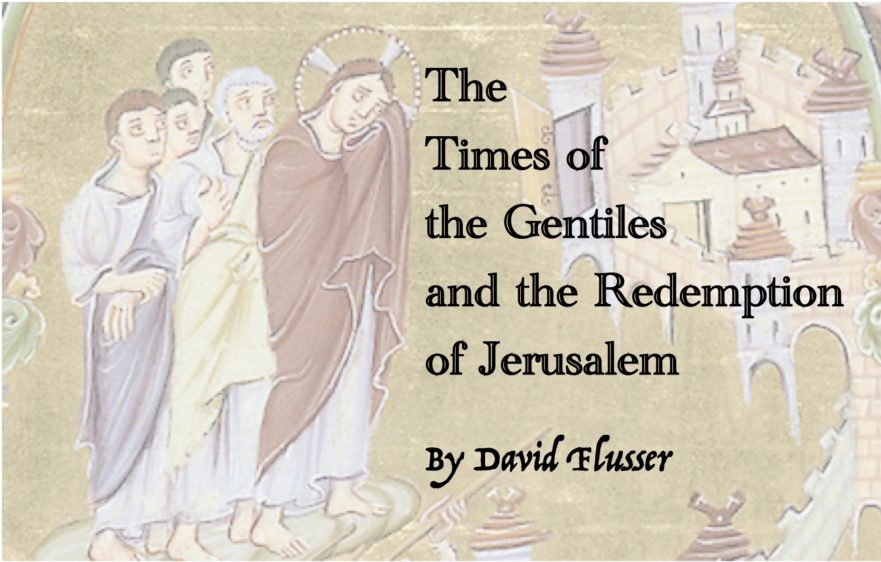
In this article David Flusser applies the methods of the Jerusalem School of Synoptic Research and the insights of Robert Lindsey’s solution to the Synoptic Problem to Jesus’ prophecy concerning the destruction and liberation of Jerusalem.
“It Is Said to the Elders”: On the Interpretation of the So-called Antitheses in the Sermon on the Mount
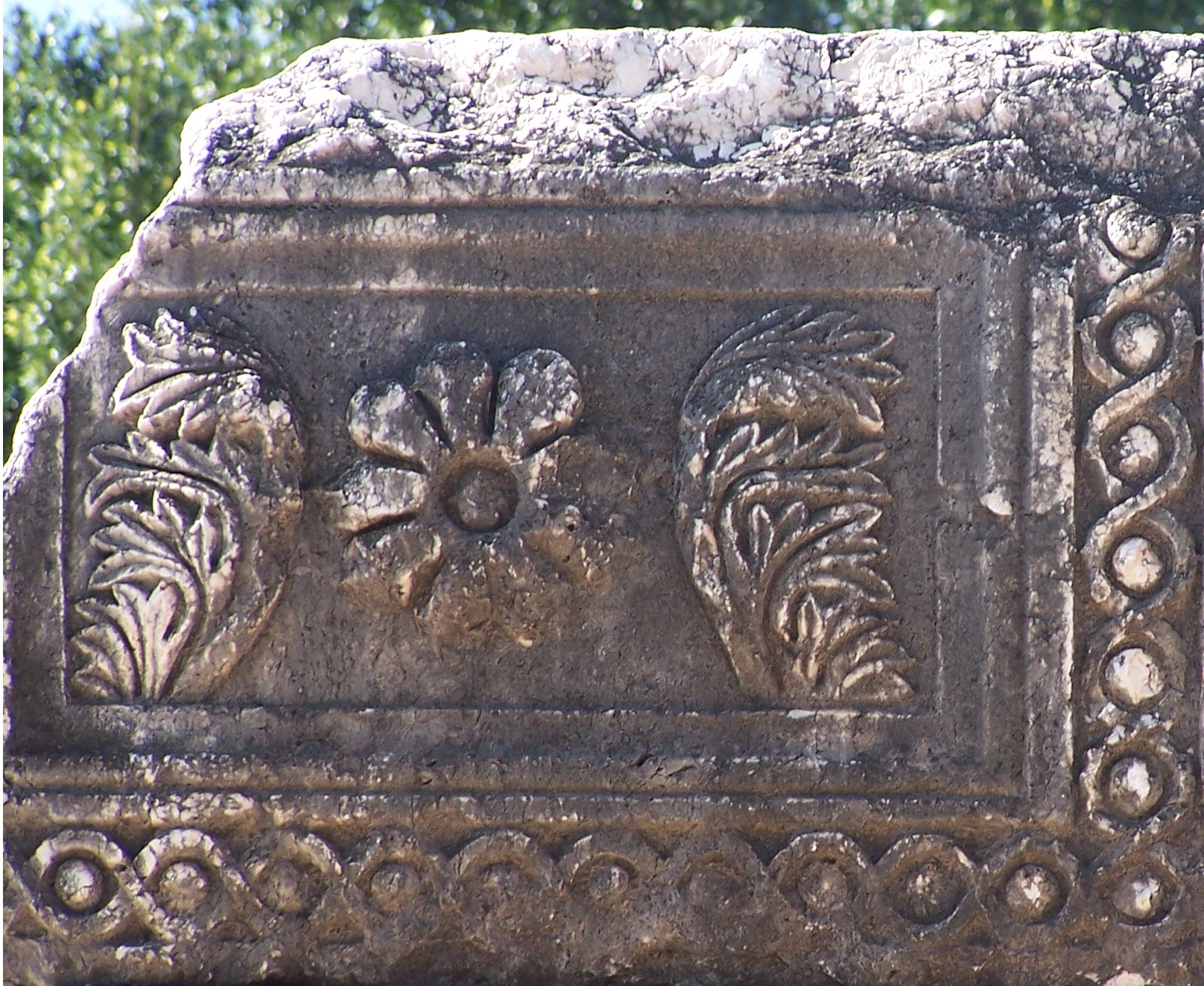
Jesus’ Sermon on the Mount deserves endless study, and the more one studies ancient Jewish sources, the clearer the meaning of these words of Jesus becomes.
Character Profile: Who Was John Mark?
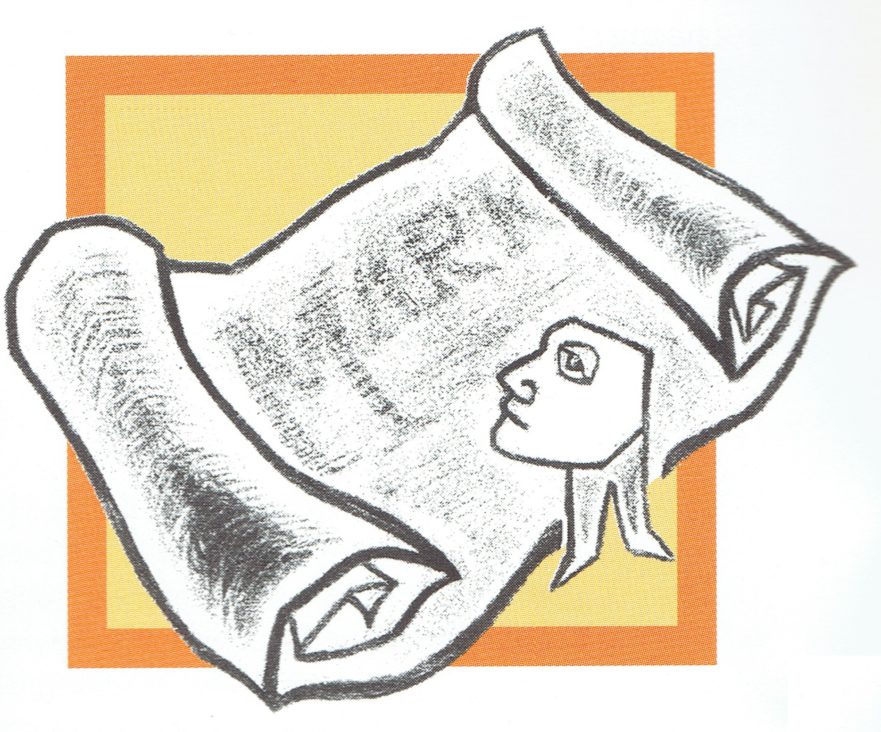
Professor David Flusser on R. L. Lindsey’s “revolutionary step” in New Testament scholarship, showing that the Gospel of Mark, which made Jesus “less of a Jew,” was written latter than Luke.
Character Profiles: Gamaliel and Nicodemus

Gamaliel saved the lives of Jesus’ apostles, and also influenced Paul’s ethics, even after Paul’s conversion. Nicodemus belonged to the Hillelite anti-Zealot circles to which Jesus himself was close.
Video: Robert Lindsey and David Flusser

This eight and a half-minute video clip provides a wonderful opportunity to see and hear Robert Lindsey and David Flusser. View them in the 1970s as they collaborate on Synoptic Gospels research at one of Flusser’s seminars at the Hebrew University in Jerusalem, or as they climb down into Wadi Kelt in the Judean Desert east of Jerusalem.
On “Blood” in the Apostolic Decree (Acts 15:19-20)

Flusser and Safrai’s premise is that “blood” in this passage does not refer to the consumption of blood but rather to murder. They conclude that the apostolic decision prohibiting eating meat sacrificed to idols, fornication, and blood is equal to the rabbinic decree that under penalty of death a Jew may violate any of the commandments of the Torah with the exception of idolatry, adultery and murder.
Edmund Wilson on David Flusser

[Professor Flusser] was dynamic, imaginative, passionately interested.
Interview with Professor David Flusser

In 1977 David Flusser was interviewed for a BBC documentary produced by Peter Armstrong entitled, “Who Was Jesus?” An excerpt of this documentary was recently made available to the public. Watch a clip of Flusser’s interview below.
The Apostolic Decree and the Noahide Commandments

Jerusalem Perspective is pleased to make available to the English-speaking world this important article written originally in German by David Flusser and Shmuel Safrai: “Das Aposteldekret und die Noachitischen Gebote,” in Wer Tora mehrt, mehrt Leben: Festgabe fur Heinz Kremers (ed. E. Brocke and H.-J. Borkenings; Neukirchen-Vluyn, 1986), 173-192.
Evidence of an Editor’s Hand in Two Instances of Mark’s Account of Jesus’ Last Week?
It has been noted that in instances where Mark’s editorial hand restructured his story, Luke has preserved a more primitive form of the account, a form that is independent of Mark’s influence. Gospel scholars need to properly evaluate Mark’s editorial style and acknowledge that frequently a theological agenda influenced his rewriting.
Excerpts from David Flusser’s The Sage from Galilee
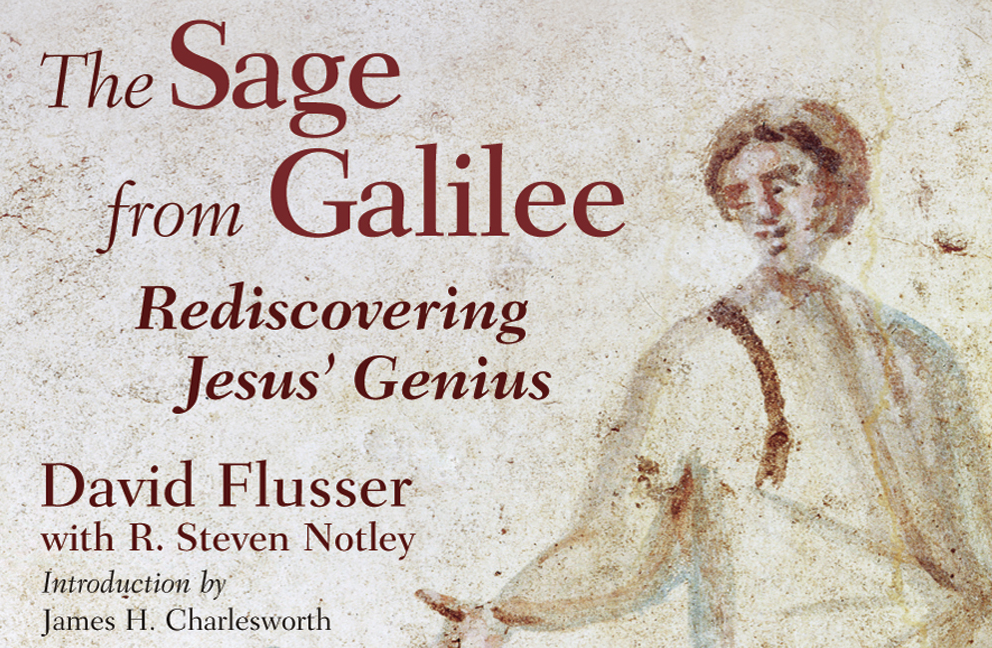
The Sage from Galilee is Flusser’s biography of Jesus (written in collaboration with Flusser’s student, R. Steven Notley).
A Theology of Jewish-Christian Relations
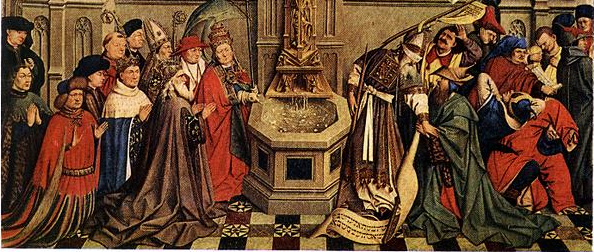
Still today a famous German New Testament professor can say (as he did) to his students: “If you want to be a good Christian, you must kill the Jew in your heart.” I quote this professor’s words not because I am a Jew, but because he used the word “kill” as if it were a Christian virtue. Furthermore, the opinion that “you have to kill the Jew in your heart” is not unconnected with an important trend that existed in Christianity from its beginnings.
Reflecting on David Flusser’s Vision

The term “genius” readily appears on the lips of scholars at the Hebrew University in Jerusalem when they refer to their former colleague, David Flusser (1917-2000). This word, which was understandably mixed with more critical words, was shared with me repeatedly the years I was Lady Davis Professor in the Hebrew University.

